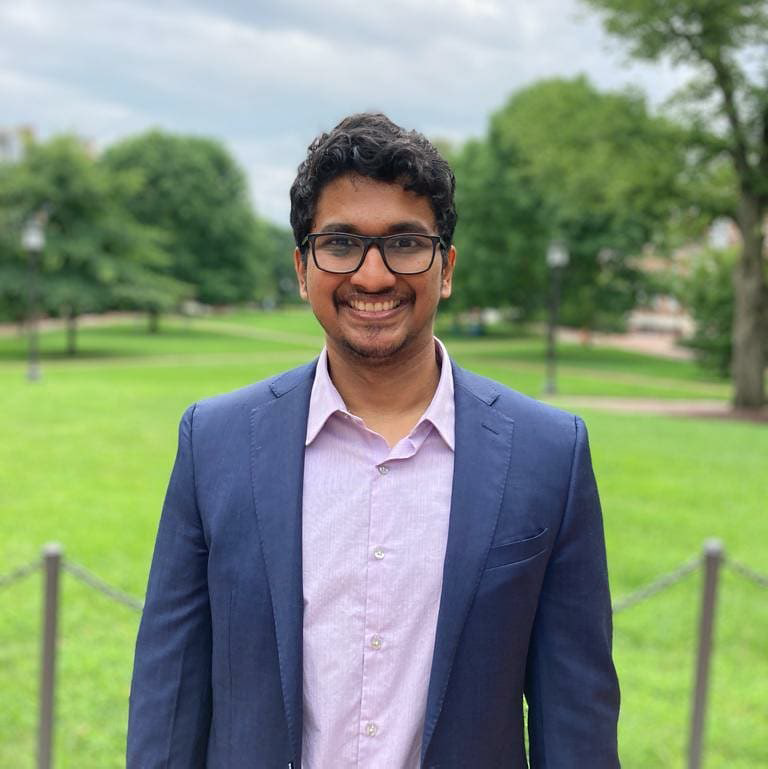Aditya Aiyer
Princeton University
Seminar Information

Turbulent environmental systems are composed of a wide range of length scales ranging from millimeters in bubble/droplet generation to the order of hundreds of kilometers for mesoscale weather and climate phenomena, and associated time scales from a few milliseconds to several days. These multitudes of scales are a crucial characteristic that leads to the difficulty of analyzing turbulent flows, and a hybrid approach of physics-based modeling and numerical simulations is required. To this end, I will discuss the end-to-end modeling of two turbulent flow problems relevant to the oceanic and atmospheric boundary layer, by quantifying small-scale effects through physics-based modeling and coupling them to study large-scale flows. In the first part, I will describe a modeling framework to predict the transport and evolution of droplets in a turbulent flow. Understanding small-scale particle interactions driven by a turbulent flow is critical in modeling sea spray dynamics, pollutant transport, and oil spills. I will describe the coupling of microscale processes (droplet breakup) to study macroscale transport in a deep-water oil blowout by coupling Population Balance Equations (PBEs) to Large Eddy Simulation (LES). The LES-PBE model accurately predicts droplet transport and associated size distributions while quantifying variability in the distribution. In the second part, I will move from the deep ocean to discuss momentum transfer in the air-sea interface. The physics of wind-wave interaction involves an interplay of atmospheric turbulence and ocean waves and is important in the context of numerous geophysical and engineering applications. Existing methods to quantify momentum exchange at the air-sea interface rely on empirical formulations that lack generalizability over different sea states. I will discuss a wall-modeling approach in LES that overcomes these limitations and generalizes well to a wide range of sea state parameters with minimal additional computational cost. Finally, I will discuss an application of the wave model to study the flow through offshore wind farms for different configurations.
Aditya Aiyer is a postdoctoral research associate in the Mechanical and Aerospace Engineering at Princeton University. He received his BSE in Mechanical Engineering and MS in Physics from the Birla Institute of Science and Technology, Pilani funded by the Department of Science and Technology’s INSPIRE fellowship. He spent a year at the Tata Institute for Fundamental Research as a visiting research scientist. He received a second masters in 2019 and Ph.D. in 2020 from the Department of Mechanical Engineering at Johns Hopkins University. His research focuses on the physics of turbulent multiphase flows, air-sea interaction modeling, and offshore wind energy.
